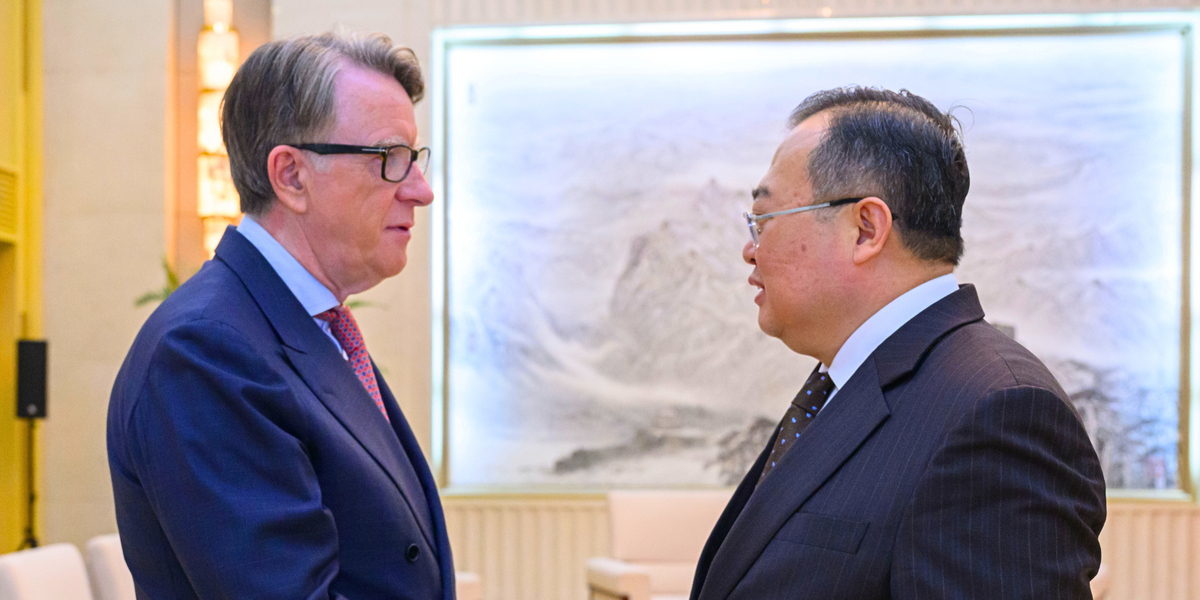Turkish President Recep Tayyip Erdogan has declared 2025 as the "Year of the family." Promoting a conservative image of the family is another attempt by his Justice and Development party (AKP) to shape Turkish society according to its own worldview.
In the more than 20 years he has been in power, Erdogan has made it clear what he understands this to be. In 2008, he told Turkish women to "give birth at least three times," to address the falling birth rate and the subsequent aging population. "We want to raise a religious youth," he declared in 2012, repeating the sentiment several times since.
The "Year of the family" is supposed to emphasize traditional and Islamic values in family policy. The idea is to strengthen the idea of family as an institution. Erdogan has warned of a "cultural erosion" and criticized the image of the family in many popular media outlets in Turkey. When he presented his new campaign, he spoke of a "policy of genderlessness" that was "attacking" the family.
 The logo for the Year of the family imagines a three-child family as being idealImage: Ministerium für Familie und Soziales
The logo for the Year of the family imagines a three-child family as being idealImage: Ministerium für Familie und SozialesCultural hegemony in family policy
Women's rights activists have criticized the campaign, accusing the government of creating "cultural hegemony" in family policy and of wanting to standardize Turkish society according to its own norms.
At the end of last year, Erdogan signed a decree on the "status of the family" that laid the foundations for the government's new campaign. Selin Nakipoglu, a women's rights activist and lawyer, said that the idea was to base Turkey's family law, which is currently secular, on the principles of Sharia, Islamic law.
She said that this would cement old-fashioned role models and gender-based inequalities "and sweep male violence towards women and children under the carpet." She added that the "so-called Year of the family would only help to consolidate the subordinate role of women in society" and "increase the exploitation of paid and unpaid working women."
She added that the fact Turkey was experiencing a severe economic crisis only exacerbated the problems. "We are currently living in unprecedented poverty in Turkey. The government needs issues that distract citizens from the real problems, and at the same time keep society together. But the only topic of conversation should be the severe poverty, for which the government itself is responsible."
Turkey sees dramatic rise in femicides
'We will stop femicides'
Over the years, women's rights in Turkey have eroded and there is an alarmingly high number of annual femicides, which is on the rise. According to the Turkish 'We Will Stop Femicides' platform, 394 women were murdered in 2024. In addition, 259 suspicious deaths were registered. In 2023, there were 315 femicides and 248 suspicious deaths.
In many cases, the suspected criminals are not punished, and this regularly unleashes outrage in society. In 2021, Turkey withdrew from the Council of Europe Convention on preventing and combating violence against women and domestic violence, which is also known as the Istanbul Convention.
Canan Güllü, the president of the Federation of Women's Associations of Turkey is particularly critical of the government's latest campaign. "2025 should not have been declared the Year of the family, but the Year of preventing femicide," she said. "Only such a decision would have inspired women's confidence."
But, she continued, the government is not making policy for women. "Basically, women want their basic right to life to be protected. In a country where so many women are murdered, the top priority should be to protect this right. It is a big mistake to reduce women to encouraging them to give birth," she said.
She called for concrete steps to fight violence against women: "We are already proposing solutions, but no one is listening to us. A system that is unable to protect women cannot strengthen families."
 Women were outraged when Turkey left the Istanbul Convention Image: Fatima Çelik/DW
Women were outraged when Turkey left the Istanbul Convention Image: Fatima Çelik/DW Falling birth rate
Güllü also said that the government itself was responsible for the problems it claimed to want to solve. She explained that the birth rate was falling due to the ever-worsening economic situation and the resulting lack of prospects for many Turks, as well as the lack of trust many people have in the legal system.
So far, the Turkish government's family policy has failed to produce results. In 2013, the goal was to raise the birth rate to over 2.1 children per woman, but 10 years later this had fallen to 1.5 children per woman.
According Ismet Koc, a demographics expert at Hacettepe University in the Turkish capital Ankara, the government set the wrong course in the past: "The measures for financial incentives, childcare services and women's right to work part-time remain inadequate. These things are responsible for the falling birth rate."
The government now wants to take countermeasures. It announced new incentives at the beginning of the year: interest-free loans equivalent to €4,000 (ca. $4,150) for couples wanting to marry and cash for first-time mothers. There are also plans to improve childcare facilities and increase benefits for children born after January 1, 2025.
“At first glance, these ideas appear to be better than the current policy," said Koc. "But how all this is to be implemented has not yet been clearly formulated." He added that a "policy based purely on financial incentives can only be temporarily successful, at best," and predicted that even if there were an increase in the birth rate it would not be permanent.
This article was translated from German.

 By Deutsche Welle (World News) | Created at 2025-02-01 19:40:52 | Updated at 2025-02-01 21:53:19
2 hours ago
By Deutsche Welle (World News) | Created at 2025-02-01 19:40:52 | Updated at 2025-02-01 21:53:19
2 hours ago








